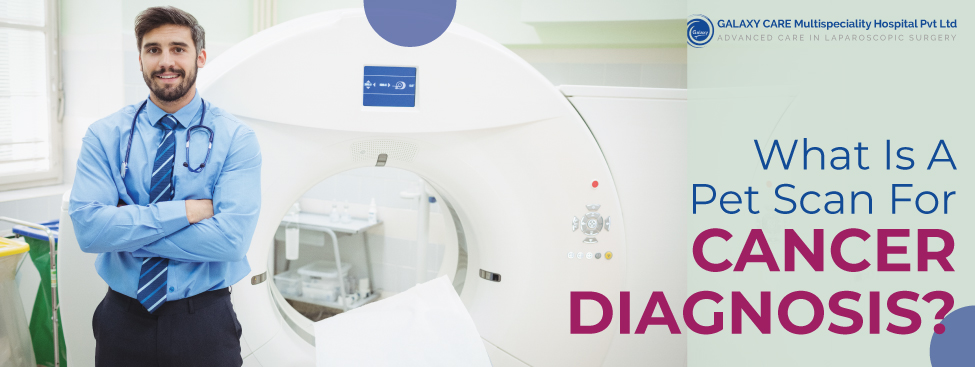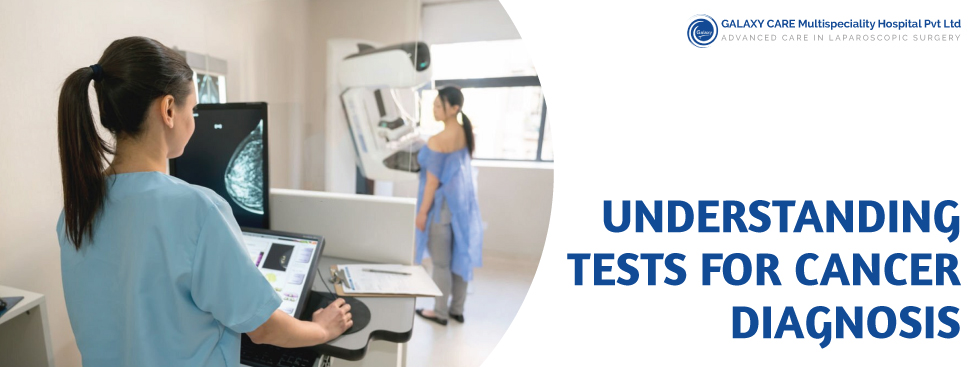
WHAT IS A PET SCAN FOR CANCER DIAGNOSIS?
Cancer is a devastating disease that affects millions of people around the world. Early detection and accurate diagnosis are crucial for effective treatment and improved patient outcomes. One of the advanced imaging techniques used in cancer diagnosis is the Positron Emission Tomography (PET) scan. This non-invasive imaging tool has become an indispensable tool in the field of oncology, providing valuable information about the location, extent, and metabolic activity of cancer cells in the body.
Understanding PET Scans for Cancer Diagnosis
A PET scan, also known as a PET-CT scan, is a nuclear imaging technique that uses a small amount of radioactive tracer, often a glucose-based compound, to detect and monitor the activity of cancer cells. This imaging modality is based on the principle that cancer cells have a higher metabolic rate and, consequently, a higher uptake of the radioactive tracer compared to healthy cells.
How PET Scans Work
- Radioactive Tracer Injection: The patient is injected with a small amount of a radioactive tracer, typically a glucose-based compound labelled with a positron-emitting radioactive isotope.
- Tracer Uptake: The radioactive tracer is absorbed by the body’s cells, including cancer cells, which have a higher metabolic rate and, therefore, a higher uptake of the tracer.
- Positron Emission: As the radioactive tracer decays, it emits positrons, which interact with nearby electrons, causing the emission of gamma rays.
- Gamma Ray Detection: The gamma rays are detected by the PET scanner, which creates a three-dimensional image of the distribution of the radioactive tracer in the body.
- Image Reconstruction: The detected gamma rays are processed by a computer, which reconstructs the images and provides information about the location, size, and metabolic activity of any abnormalities, including cancer.
Advantages of PET Scans
- Early Cancer Detection: PET scans can often detect cancer in its early stages, even before anatomical changes are visible on other imaging tests, such as CT or MRI scans.
- Whole-Body Imaging: PET scans provide a comprehensive view of the entire body, allowing the detection of cancer in multiple locations and the assessment of the extent of the disease.
- Metabolic Information: PET scans provide information about the metabolic activity of cells, which can help differentiate between benign and malignant lesions and monitor the response to cancer treatment.
- Staging and Restaging: PET scans are commonly used to stage cancer, determine the extent of the disease, and monitor for recurrence or metastasis after treatment.
- Treatment Planning: PET scan results can help guide treatment decisions by providing information about the location and activity of cancer cells, which is crucial for radiation therapy planning and monitoring the response to treatment.
PET Scan vs. CT Scan
While PET scans and CT scans are both important imaging techniques in cancer diagnosis and management, they provide different types of information.
CT (Computed Tomography) Scan:
- Provides detailed, high-resolution images of the body’s anatomy and structures
- Helps identify the size, shape, and location of tumors or abnormalities
- Useful for staging and monitoring the progression of cancer
PET Scan:
- Focuses on the metabolic and functional activity of cells, rather than just the anatomy
- Detects changes in cell metabolism, which can indicate the presence of cancer
- Provides information about the aggressiveness and spread of the cancer
In many cases, a combined PET-CT scan is performed, which integrates the anatomical information from the CT scan with the functional information from the PET scan, providing a more comprehensive assessment of the patient’s condition.
When is a PET Scan Recommended?
PET scans are commonly recommended for the following situations:
- Initial Cancer Diagnosis: PET scans can help detect the presence and location of cancer, especially in cases where the primary tumor site is unknown.
- Cancer Staging: PET scans are widely used to determine the stage of cancer, which is crucial for developing an appropriate treatment plan.
- Monitoring Treatment Response: PET scans can help evaluate the effectiveness of cancer treatment by assessing changes in the metabolic activity of cancer cells.
- Detecting Recurrence: PET scans are valuable in detecting the recurrence of cancer, even before it is visible on other imaging tests.
- Differentiating between Benign and Malignant Lesions: PET scans can help distinguish between benign and malignant lesions, which is particularly important in the evaluation of lung nodules or other suspicious findings.
Preparing for a PET Scan
Preparing for a PET scan is relatively simple, but it is essential to follow the instructions provided by the healthcare team. Typically, the patient is asked to:
- Avoid strenuous exercise for 24-48 hours before the scan to ensure that the body’s glucose metabolism is not affected.
- Fast for several hours before the scan, as high blood sugar levels can interfere with the uptake of the radioactive tracer.
- Drink plenty of water to help flush the radioactive tracer from the body.
- Inform the healthcare team about any medications or supplements being taken, as some may interfere with the PET scan results.
What to Expect During a PET Scan
During the PET scan, the patient will be asked to lie still on a table that slowly moves into the scanner. The scanner is a large, circular device that detects the gamma rays emitted by the radioactive tracer. The scan typically takes 30-60 minutes, and the patient must remain still and breathe normally during the procedure.
Accessing the Best Cancer Hospital in Pune
When it comes to cancer diagnosis and treatment, it is essential to seek care from the best cancer hospital in Pune. These specialized healthcare facilities have access to the latest imaging technologies, such as PET scans, as well as experienced cancer specialists in Pune who can accurately interpret the results and develop a comprehensive treatment plan.
At Galaxy Care Hospital, one of the best cancer hospitals in Pune, patients can receive comprehensive cancer care, including advanced imaging techniques like PET scans. The hospital’s team of the best oncologists in Pune are dedicated to providing personalized, evidence-based care to ensure the best possible outcomes for their patients. Feel free to get in touch for cancer diagnosis and treatment. We are in this together!


